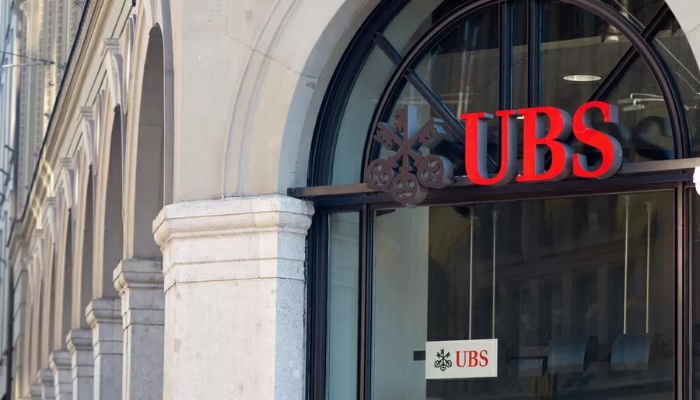UBS Faces US DOJ Probe Over Sanctions Violations
Anúncios
UBS saw a sharp drop in its share price following a Bloomberg report about an expanding investigation by the US Department of Justice (DOJ) into suspected compliance failures that enabled Russian clients to evade sanctions.
The Swiss Stock Exchange temporarily halted trading in UBS shares due to the substantial price drop, which reached 8% before the suspension. When trading resumed, UBS shares closed 2.9% lower.
According to Bloomberg’s sources, what initially began as a probe into several banks has now evolved into a comprehensive investigation centered on Credit Suisse, which UBS acquired earlier this year in an emergency rescue deal.

Since the takeover announcement on March 19, UBS shares had gained 30%, but news of the DOJ’s investigation raises concerns about the bank’s exposure to Credit Suisse’s legal troubles and compliance failures, which significantly eroded client confidence in the bank.
The DOJ has reportedly briefed UBS lawyers regarding Credit Suisse’s alleged involvement in sanctions violations and is also looking into potential compliance failures at UBS.
In its August earnings statement, UBS noted that regulatory and law enforcement authorities had contacted Credit Suisse offices in various countries, including the UK, the Netherlands, France, and Belgium, as part of investigations into cross-border private banking services.
JPMorgan analysts believe the Bloomberg report regarding the DOJ’s investigation presents a challenge for UBS. While UBS’s most recent quarterly report did not mention a Russia-related DOJ probe, the bank has reportedly set aside nearly $10 billion as a buffer for litigation-related expenses.
UBS’s acquisition of Credit Suisse was a bailout of a troubled bank, originally putting Swiss taxpayers at risk for potential losses. However, UBS recently stated it no longer requires a government guarantee of 9 billion Swiss francs ($10.3 billion) for future losses tied to Credit Suisse assets, suggesting these assets might not be as toxic as initially feared.
Nonetheless, the integration of the two banks, with combined assets of nearly $1.7 trillion, poses significant challenges and risks, with a timeframe of three to four years expected for full integration, as noted by UBS Chairman Colm Kelleher.
See also: Evergrande Crisis Deepens






